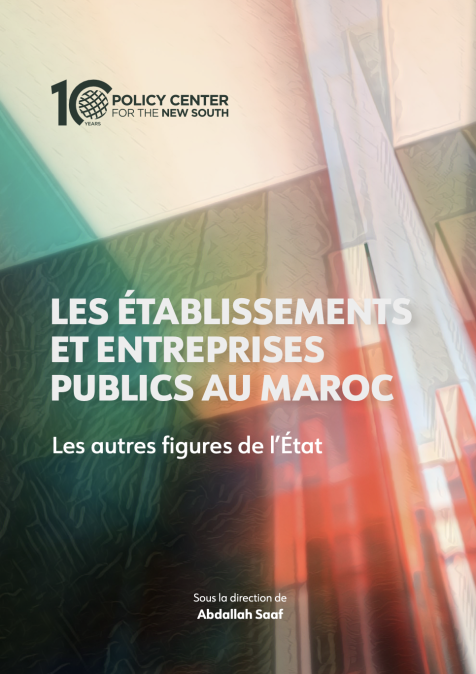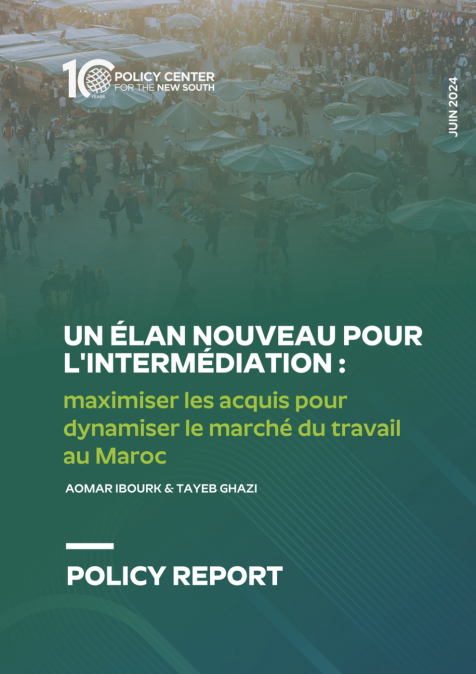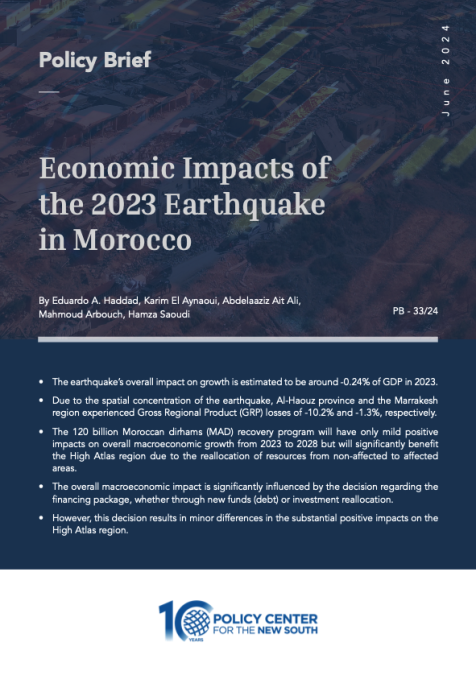Dans ce numéro spécial de notre émission, nous explorerons les contours et les performances de l'économie africaine face aux multiples défis planétaires. La pandémie de Covid-19 continue de susciter des inquiétudes avec l'émergence de nouveaux variants, tandis que les catastrophes climatiques et écologiques menacent la stabilité mondiale, en particulier en Afrique. La guerre en Ukraine aggrave la fragmentation géoéconomique et géopolitique mondiale, laissant planer l'incertitude quant à un éventuel retour à la coopération internationale. Les perturbations financières suscitent également des préoccupations, avec la montée de l'inflation et de la dette, ainsi que l'imprévisibilité de leur évolution, mettant en péril la stabilité du système financier mondial. Au-delà de ces défis anticipés, d'autres facteurs imprévisibles se dessinent, notamment les bouleversements technologiques qui contraignent les entreprises africaines à s'adapter rapidement pour combler le fossé technologique avec les pays du Nord. Ces changements ont également des répercussions sur les relations internationales, remettant parfois en question le multilatéralisme qui était au cœur des aspirations à une prospérité partagée. Au cours de cette émission, nous explorerons la manière dont l'économie africaine réagit face à ces incertitudes et discuterons des défis à venir ainsi que des choix délicats qui se profilent dans les années à venir.












